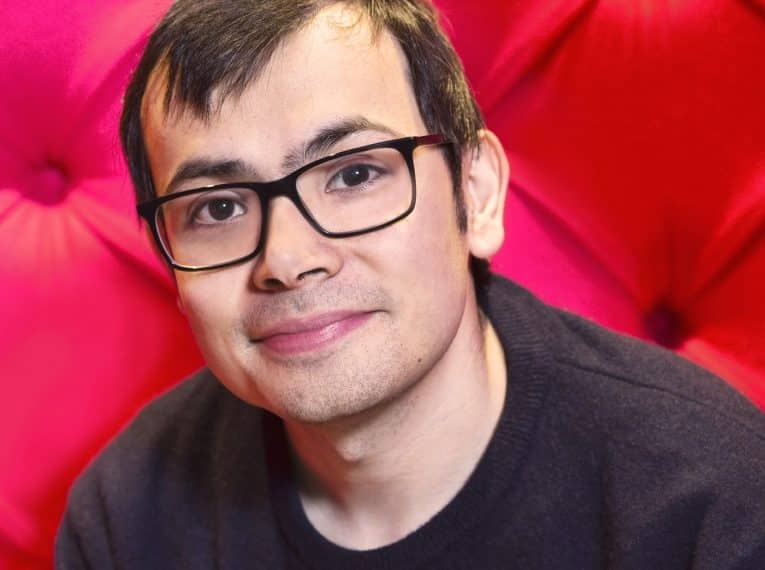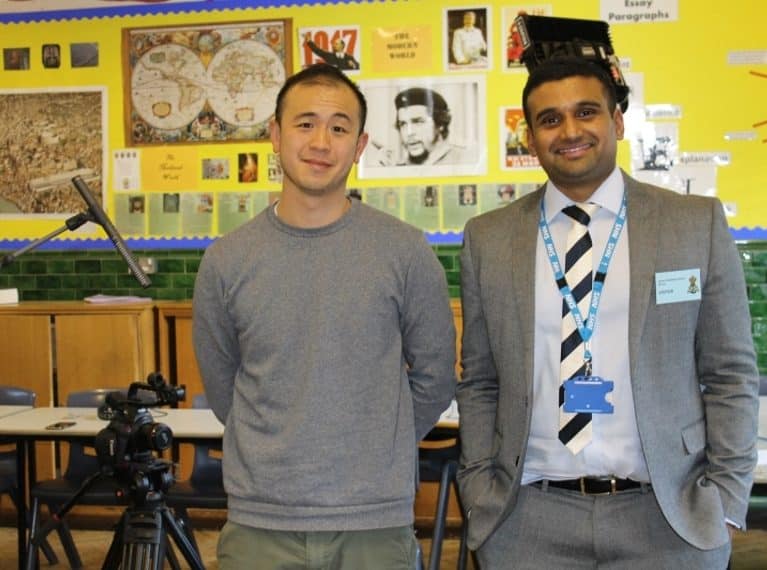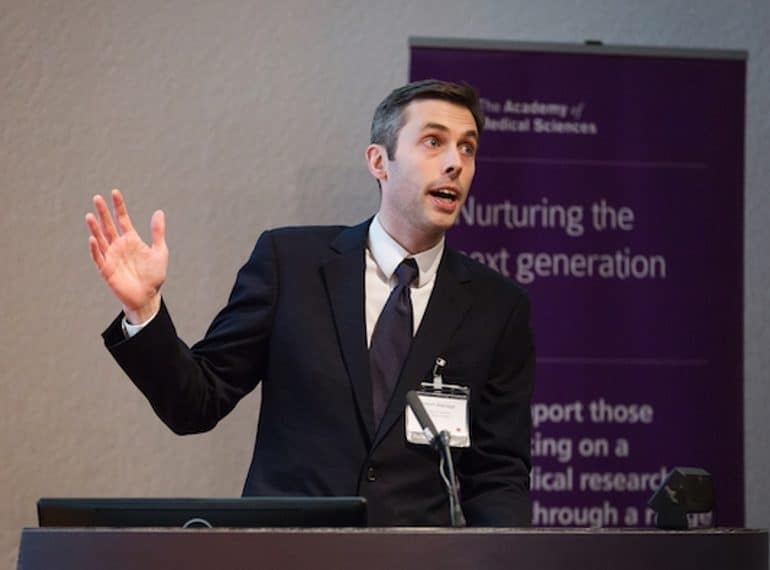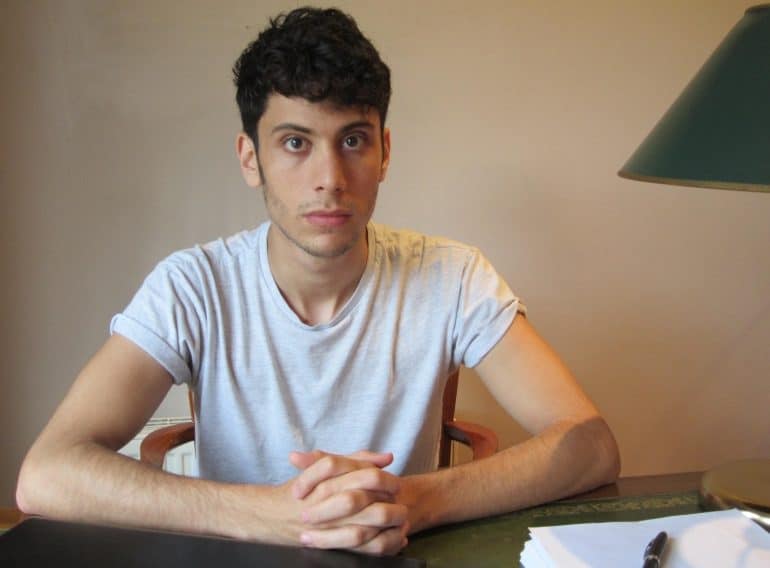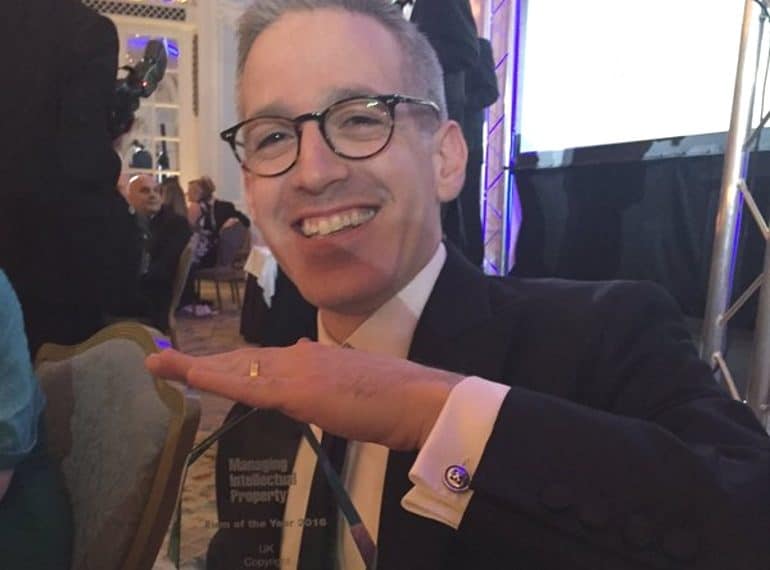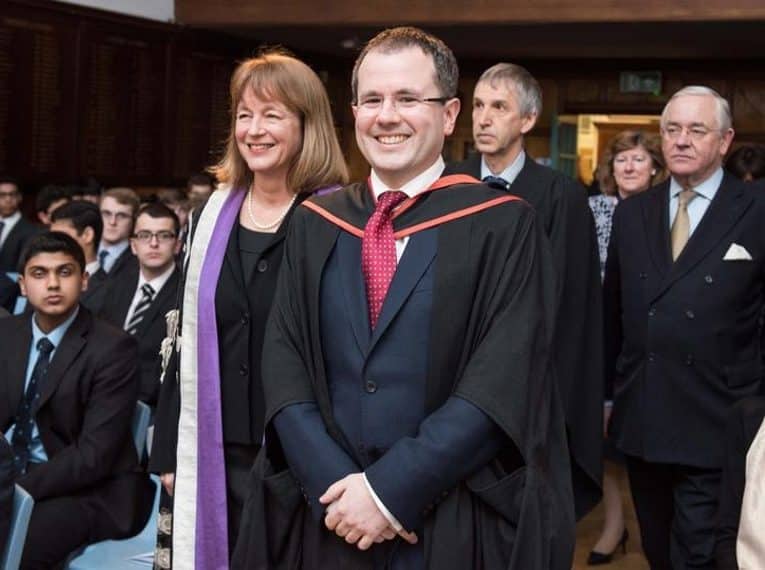
It is always heartening to begin the New Year with positive news, so I was naturally delighted to receive the highly laudatory report that followed our Combined Cadet Force’s biennial inspection in the first few days of January.
Major Andrew Hart praised not only the numerical strength of our contingent, but also the cadets’ commitment and motivation, as well as the creative training they receive and the excellent state of their morale. There were then further encouraging external endorsements for our School during the course of the term, including articles in the Sunday Times and in Tatler magazine.
Perhaps an even more important indicator of QE’s success than these press articles has been the high level of Oxbridge offers: the 36 boys offered places at Cambridge and Oxford this year takes the total number over the past three years alone to more than 100.
This is in addition to many boys who gain places at medical school, for example, or at top universities in the USA. This year, the latter includes Valavan Ananthakumaraswamy, the first QE pupil ever to be offered a place at Stanford in California, one of the world’s leading teaching and research institutions.
It is important for our boys and parents to understand that gaining a place at one of the world’s best universities is an increasingly challenging undertaking. In my speech recently at our Senior Awards ceremony, I reminded parents of the words of American philosopher, Eric Hoffer, who said: “In times of change, learners inherit the earth, while the learned find themselves beautifully equipped to deal with a world that no longer exists.” While the acquisition of knowledge and facts certainly has value, it is the very ability to learn that is critical in life.
We have now completed our analysis of the Family Survey that was conducted last term. It is very gratifying that we enjoy such strong parental support. The survey was conducted as part of our preparation for drawing up the new School Development Plan, covering 2016–2020. The survey results therefore give us great confidence to press on with the next phase of its formulation. The Senior Leadership Team are now drawing up more detailed content, consulting with staff and with pupils through the pupil conference. The SLT will then take a complete draft to the Governing Body in the Summer Term, before presenting the approved plan to parents at the start of the new academic year. Our emerging themes for that are Within and beyond the classroom and Ability and character – with a particular emphasis on character.
It has been my privilege to receive a number of distinguished guests to the School in the past few weeks. Professor Alice Gast, President of Imperial College London, was the guest of honour at Senior Awards. We also continued with our series of lectures in assembly, which are a new element in our academic enrichment programme for 2015–16. For the boys from Years 7–10, cardiologist Professor Adam Timmis gave some valuable insights into medical advances, while meteorologist Michael Evans gave the senior pupils an excellent talk on the work of the Met Office, at the same time sharing with them some valuable careers advice. Thanks to the good offices of Year 12 political blogger, Adrian Burbie, our Politics Society again welcomed some very high-profile speakers – Sir Vince Cable, Evan Davis and Nick Robinson – whose talks were appreciated by large audiences here.
The greatest number of visitors to our site this term was of course on the day of our well respected Rugby Sevens tournament. It is 40 years since the competition began and this anniversary, combined with our Year 8 team’s barnstorming record, has made for a vintage season of rugby. We have a long and proud history of rugby at Queen Elizabeth’s School and I am pleased to see our boys continue to draw tremendous enjoyment from this robust and rewarding sport.
I send my best wishes to all our old boys and trust you enjoyed the Easter Bank Holiday weekend.
Neil Enright

